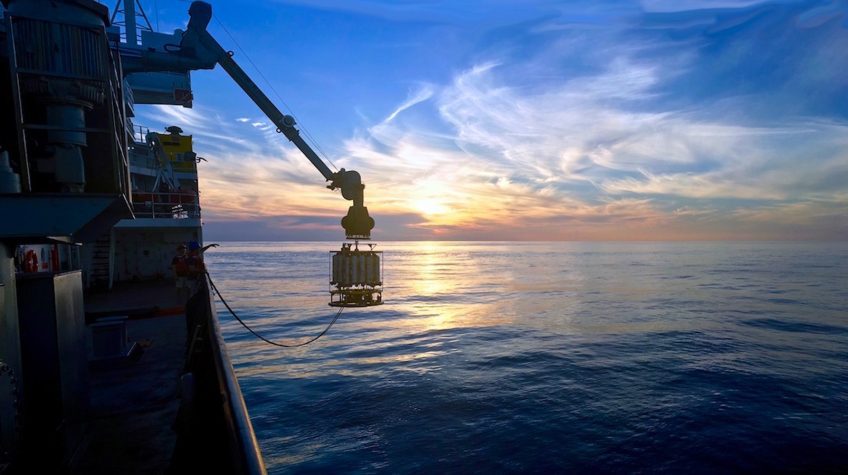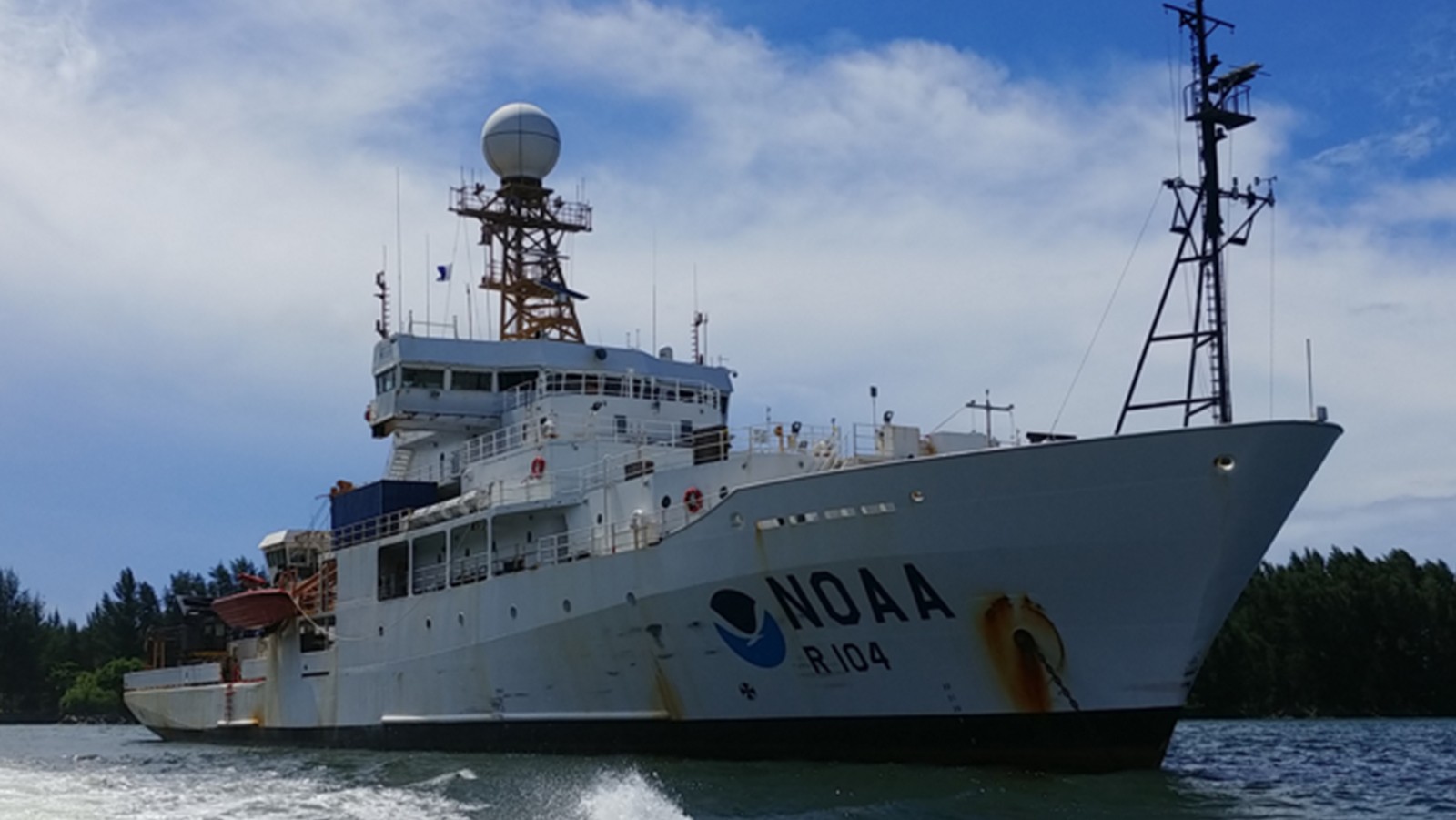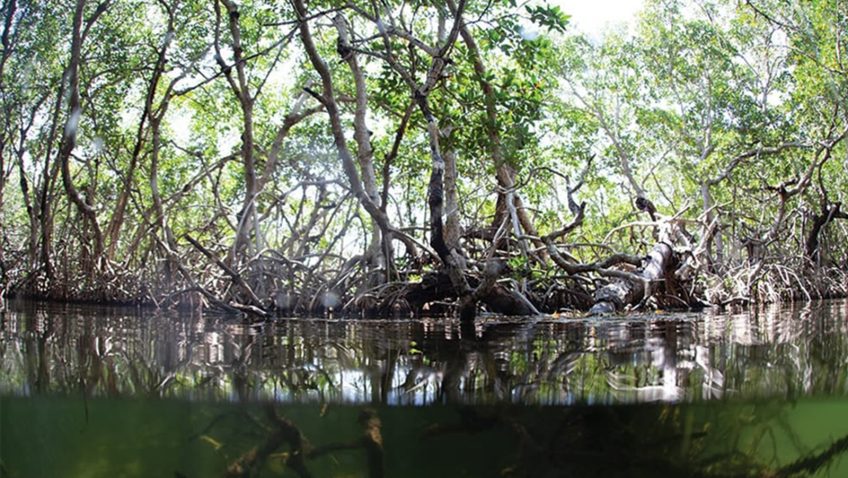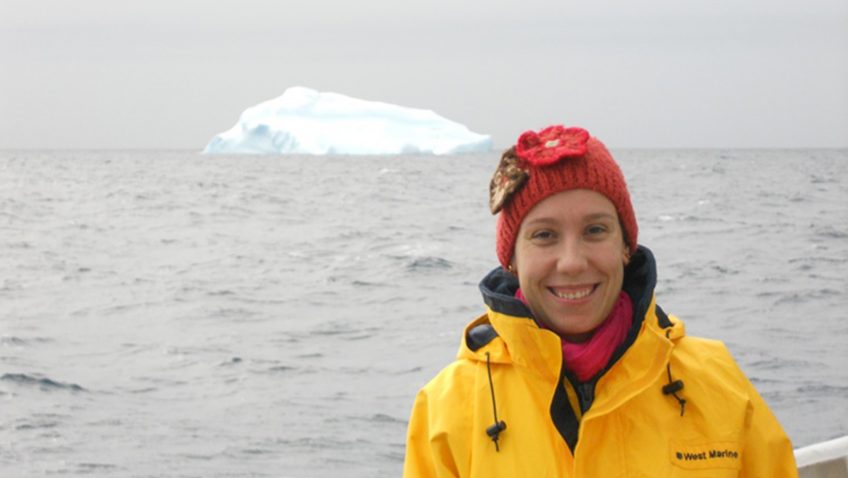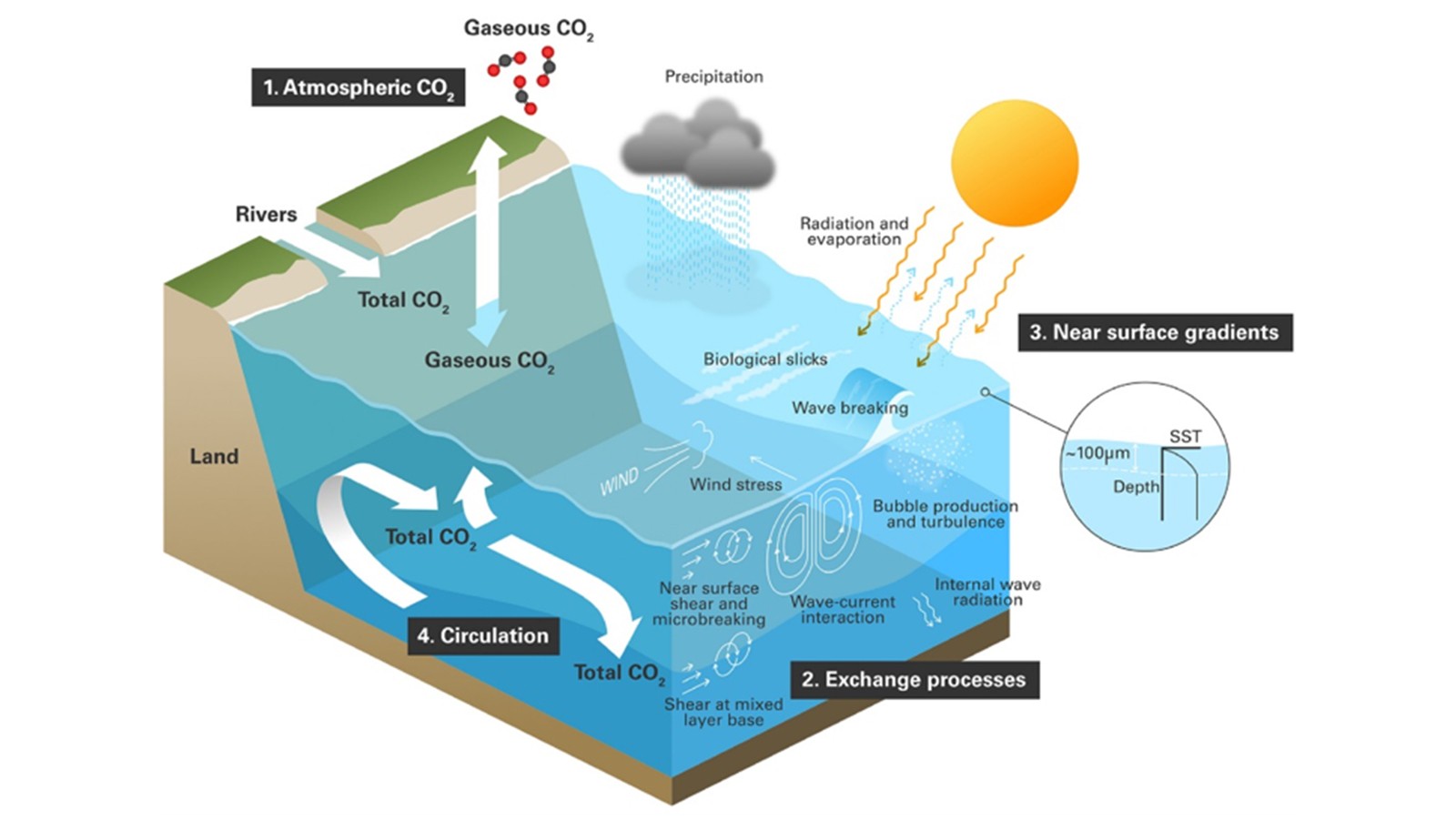Scientists at AOML measure ocean’s crucial buffering against rising global carbon emissions
Every year, scientists at AOML participate in the international effort led by the University of Exeter’s Global Systems Institute in developing the annual Global Carbon Budget Report, an assessment of global carbon emissions and the progress towards achieving the climate goals set by the 2016 Paris Agreement. The 2024 Global Carbon Budget Report now indicates […]


